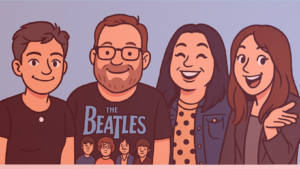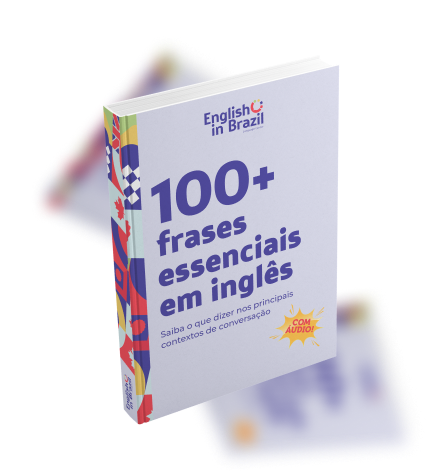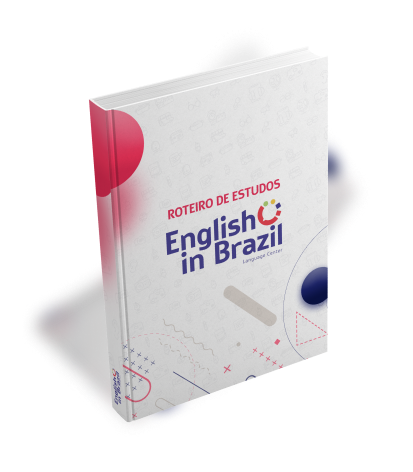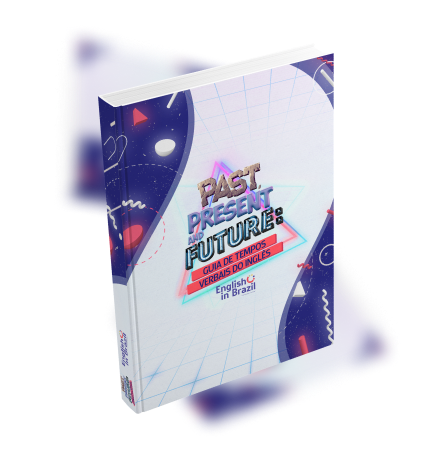Ouça o episódio aqui: https://open.spotify.com/episode/16lwKiq8z15O0YiBCDEvik?si=JZfsoT8XSzCTBNq90ObMPg
Hello, everyone! Welcome back to another episode of Way Ahead, your 100% English spoken podcast, the podcast that helps you improve your English skills and gain confidence in everyday situations. I’m your host, Fabio Emerim, and today we’re going to tackle a crucial topic: job interviews in English. A quick reminder that you can read the transcription of this podcast on our blog www.englishinbrazil.com.br/blog
Whether you’re applying for your first job or looking to advance your career, acing a job interview can be challenging, especially when it’s not in your native language. But don’t worry, I’m here to help! In this episode, we’ll cover common questions, useful phrases, and tips to help you shine in your next English job interview.
Let’s start with some of the most common questions you might encounter in a job interview.
Question 1: “Can you tell me a little about yourself?”
This is often the first question you’ll be asked. It’s your chance to make a great first impression. Here’s a sample answer:
Sample Answer: “Sure! I have a degree in Business Management from the Federal University of Sao Paulo in Brazil. I have over 5 years of experience working in the automotive industry. In my previous role at Acme Inc, I was responsible for managing the Operations team. I’m passionate about technology, and I’m excited about the opportunity to bring my expertise to your team.”
Of course you need to adapt this answer to your expertise, but once you’ve done it, practice it several times until you feel comfortable. Remember to highlight your relevant experience and skills.
Question 2: “Why do you want to work here?”
Employers want to know that you’ve done your research and are genuinely interested in their company. Here’s how you can answer this:
Sample Answer: “I have been following Company X for a while and am impressed by your commitment to giving young students a first chance. I admire your recent project on Machine Learning I and believe that my skills in IT would be a great match for your team. I’m excited about the opportunity to contribute to your company’s success and grow with you.”
Make sure to mention specific details about the company to show that you’re genuinely interested.
Question 3: “What are your strengths and weaknesses?”
This can be a tricky one, but it’s important to be honest and self-aware. Here’s a balanced answer:
Sample Answer (Strengths): “One of my strengths is my ability to identify team problems quickly, which has helped me achieve a leadership role. I’m also quite well informed, which allows me to bring different perspectives for new projects.”
Sample Answer (Weaknesses): “As for my weaknesess, I tend to talk too much rather than listen. However, I’ve been working on this, and I’ve seen significant improvement.”
Highlighting how you’re working on your weakness shows that you’re proactive and committed to self-improvement.
Now, let’s talk about some useful phrases you can use during the interview to sound more professional and confident.
Phrase 1: “I’m particularly proud of…”
Use this to introduce an achievement you’re proud of. For example, “I’m particularly proud of leading a project that increased our sales by 20%.”
Phrase 2: “I have experience in…”
This is a great way to mention your skills. For example, “I have experience in project management and team leadership.”
Phrase 3: “I’m eager to learn and grow in…”
Show your enthusiasm for learning new things. For example, “I’m eager to learn and grow in digital marketing.”
Finally, here are some important tips to help you succeed in your interview:
- Research the Company:
- Example: If you’re interviewing with a tech company, you might say, “I noticed that your company recently launched a new AI-driven product. I read the case study on your website and was impressed by the innovative features and the impact it’s having on the industry.”
- Why it helps: Demonstrating knowledge about the company shows that you are genuinely interested and have taken the time to understand their business and values.
- Dress Appropriately:
- Example: For a corporate job, you might wear a suit or a business dress. For a more casual company, smart business casual attire like a blazer with dress pants or a skirt could be appropriate.
- Why it helps: Dressing appropriately helps you make a positive first impression and shows respect for the company’s culture and the interview process.
- Be Punctual:
- Example: Aim to arrive 10-15 minutes early. If your interview is at 10:00 AM, plan to be there by 9:45 AM to account for any unexpected delays.
- Why it helps: Being on time demonstrates your time management skills and reliability. It also gives you a few moments to collect your thoughts and calm any pre-interview nerves.
- Practice Active Listening:
- Example: During the interview, make eye contact, nod, and give verbal cues like “I see” or “That makes sense” to show you are engaged. When the interviewer finishes speaking, summarize their points before responding: “So, you’re looking for someone who can streamline the project management process. In my previous role, I…”
- Why it helps: Active listening shows that you value what the interviewer is saying and helps you provide more relevant and thoughtful responses.
- Ask Questions:
- Example: Prepare questions that show your interest in the role and the company, such as, “Can you tell me more about the team I would be working with?” or “What are the biggest challenges currently facing your department?”
- Why it helps: Asking questions demonstrates your curiosity, engagement, and serious interest in the position. It also provides you with valuable information to determine if the company is the right fit for you.
These tips, when applied thoughtfully, can help you present yourself as a well-prepared, professional, and enthusiastic candidate.
That’s all for today’s episode on mastering job interviews in English. Remember, practice makes perfect! Listen to this episode a few times, practice your answers, and you’ll feel more confident and prepared for your next interview.

